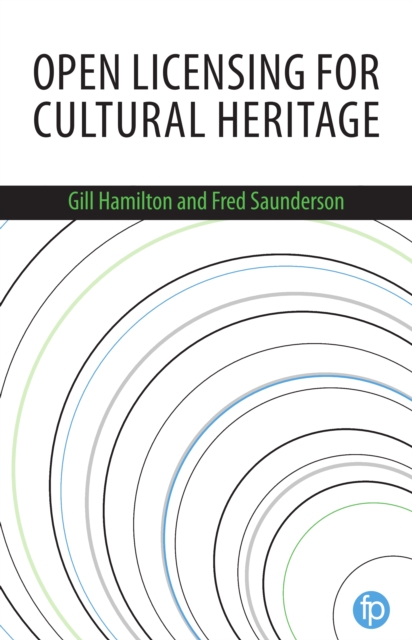
Open Licensing for Cultural Heritage PDF
by GILL HAMILTON, Fred Saunderson
Description
This practical and explanatory guide for library and cultural heritage professionals introduces and explains the use of open licences for content, data and metadata in libraries and other cultural heritage organisations. Using rich background information, international case studies and examples of best practice, this book outlines how and why open licences should and can be used with the sector's content, data and metadata. Open Licensing for Cultural Heritage digs into the concept of 'open' in relation to intellectual property, providing context through the development of different fields, including open education, open source, open data, and open government. It explores the organisational benefits of open licensing and the open movement, including the importance of content discoverability, arguments for wider collections impact and access, the practical benefits of simplicity and scalability, and more ethical and principled arguments related to protection of public content and the public domain.
Content covered includes:
- an accessible introduction to relevant concepts, themes, and names, including 'Creative Commons', 'attribution', model licences, and licence versions
- distinctions between content that has been openly licensed and content that is in the public domain and why professionals in the sector should be aware of these differences
- an exploration of the organisational benefits of open licensing and the open movement
- the benefits and risks associated with open licensing
- a range of practical case studies from organisations including Newcastle Libraries, the University of Edinburgh, Statens Museum for Kunst (the National Gallery of Denmark), and the British Library.
This book will be useful reading for staff and policy makers across the gallery, library, archive and museum (GLAM) sector, who need a clear understanding of the open licensing environment, opportunities, risks and approaches to implementation. This includes library and information professionals, library and information services (LIS) professionals working specifically in the digital field (including digital curation, digitisation, digital production, resource discovery developers). It will also be of use to students of LIS Science, digital curation, digital humanities, archives and records management and museum studies.
Information
-
Download - Immediately Available
- Format:PDF
- Pages:240 pages
- Publisher:Facet Publishing
- Publication Date:18/08/2017
- Category:
- ISBN:9781783302505
Other Formats
- Paperback / softback from £72.50
- Hardback from £145.00
Information
-
Download - Immediately Available
- Format:PDF
- Pages:240 pages
- Publisher:Facet Publishing
- Publication Date:18/08/2017
- Category:
- ISBN:9781783302505






